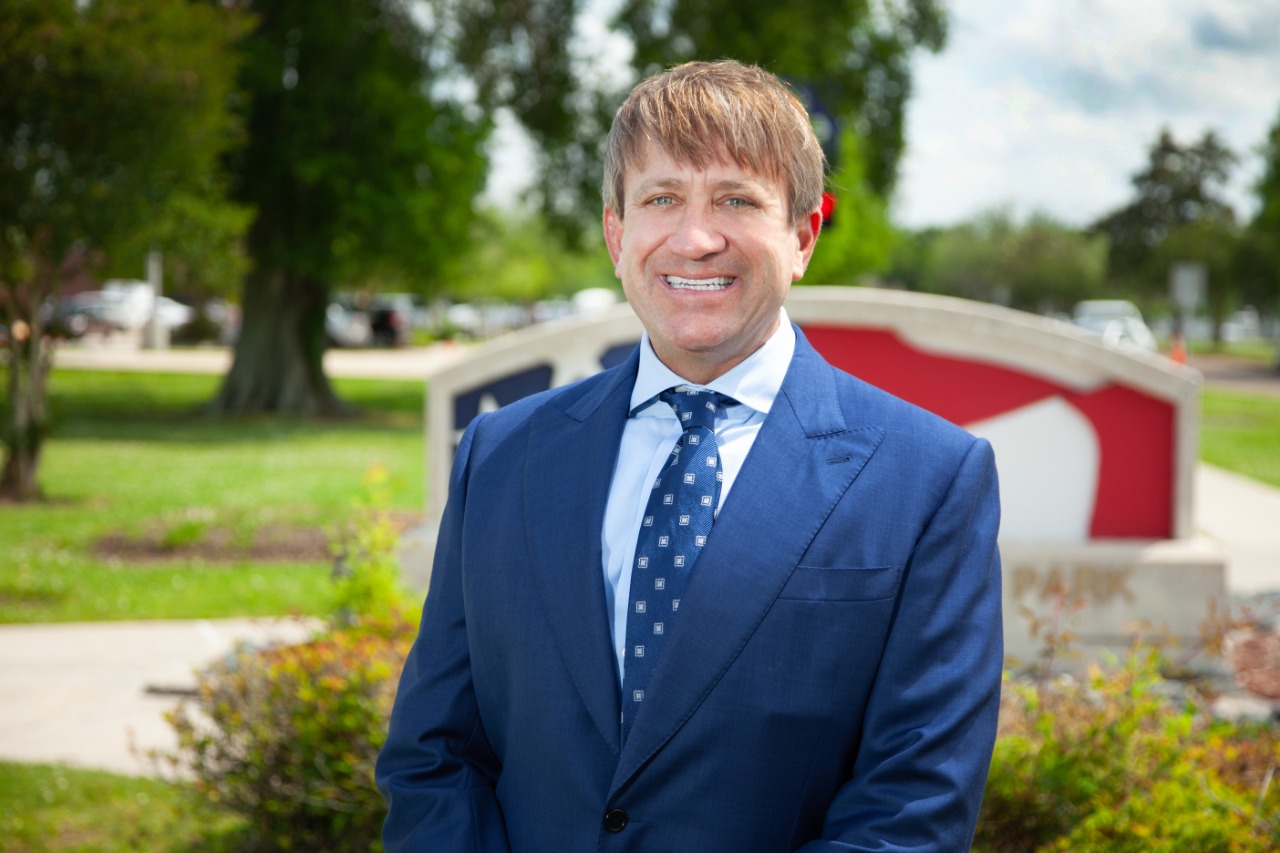If there is anything 2020 taught the world, it is that circumstances can change in an instant. The old standby, the old ways of doing things and familiar habits can be forced to abruptly fly out the window. With the earth in constant flux and motion, so is life – and so is the business world.
As the old adage goes: The only constant thing in life is change.
An unwillingness to adapt to shifting circumstances can be detrimental on both personal and professional levels.
“You have to anticipate as much as possible in business and in life. That is something I emphasize with the young entrepreneurs I mentor as well as with my own sons,” says Baton Rouge entrepreneur Kelly Sills.
The onus of anticipating change is particularly heavy when running a business and having employees and their households dependent upon the life-sustaining funds provided by your company.
Kelly Sills’ company Coastal Bridge specializes in residential and commercial site development as well as site preparation for underground sewers and utilities. Also with a focus on heavy civil work, Coastal Bridge has built the roads and bridges that connect families and allow for people to live, work and play in southern Louisiana.
The company’s work was deemed essential and construction was able to continue when COVID-19 ravaged the United States. His employees were building roads when communities as well as companies were forced to shut down.
Afterall, infrastructure is needed to allow for goods to travel across the country and to keep America functioning.
Still, despite the essential status of his company, the pandemic has given Kelly Sills reason to reflect.
“Coastal Bridge leadership has always looked ahead and tried to anticipate change. We keep a keen eye on expanding to different markets and specializing in niche areas that compliment our expertise,” he says. “This pandemic was a wake-up call for many business owners and I am no different.”
A silver lining can be found in every societal shift and in nearly every experience, he says. He finds he is more appreciative of quality time with his sons, more understanding of employees’ struggles, and a better, more patient friend and husband.
Kelly Sills often turns to Spencer Johnson’s iconic business parable “Who Moved My Cheese?” for inspiration. Revered by entrepreneurs, the narrative explores different reactions to change: basically to stay stagnant or to adapt. There have been nearly countless articles written about various take-aways from the short read, including “Who Moved My Cheese? Great Leaders Embrace Change”.
“One of my business mentors gave me that book years ago. You can read it in less than an hour, but you think about it for days and weeks afterward,” says Sills.
According to a 2018 Washington Post article commemorating the 20th anniversary of “Who Moved My Cheese?” the book had sold over 30 million copies at the time “and its sales are still Gouda.”
Despite its overwhelming success, sales were initially sluggish and the book appeared all but dead.
The author even showed the book to his longtime friend John Kotter who taught for decades at the Harvard Business School. Kotter was not initially impressed, but like fondu, he warmed to the concept. In the Post article, he describes Johnson as hopeful and says he derived personal satisfaction from knowing that his work could truly change people’s lives.
For Kotter, the resounding take-away is that his friend’s message is not “about learning to live with constant change but daring to live without crippling fear,” or specifically what Haw wrote on the wall in the maze: “What Would You Do If You Weren’t Afraid?”
Sure, there were some people who claimed to be lactose intolerant to Johnson’s cheese, but many saw its value and the cheese talk inevitably took over the business world.
Johnson was traveling the nation as a motivational speaker when word-of-mouth took hold. According to the Post article, “executives at Procter & Gamble, General Electric and Hewlett-Packard were recommending the book. Southwest Airlines ordered copies for all its 27,000 employees.”
“Entrepreneurship is about constantly learning new ideas, better ways of doing things, anticipating shifts and responding accordingly. It means having conversations and reading books and articles to develop understanding of challenges in your industry and to develop plans for how to confront those challenges,” Sills says. “Sometimes those plans are not popular. Many employees – many people in general – fear change even when it is positive.”
As Sills points out, being a forward-thinking leader can sometimes mean being somewhat of an outlier.
“You have to have an ability, a willingness to stand behind the decisions you make – even when they are unpopular – and to adapt as you learn,” he says. “As a business owner the buck stops with you. There is simply no way around it. There are so many things beyond our control in the world. One thing I’m always reminding myself: One of the few things we can control is how we face each day and each challenge.”
Life, he says, can shift in an instant, sometimes negatively. Yet, it can also reorient in a positive direction by way of purpose and perseverance.
In the remarkable words of Zig Ziglar: “You can make positive deposits in your own economy every day by reading and listening to powerful, positive, life-changing content and by associating with encouraging and hope-building people.”
This is a Contributor Post. Opinions expressed here are opinions of the Contributor. Influencive does not endorse or review brands mentioned; does not and cannot investigate relationships with brands, products, and people mentioned and is up to the Contributor to disclose. Contributors, amongst other accounts and articles may be professional fee-based.

